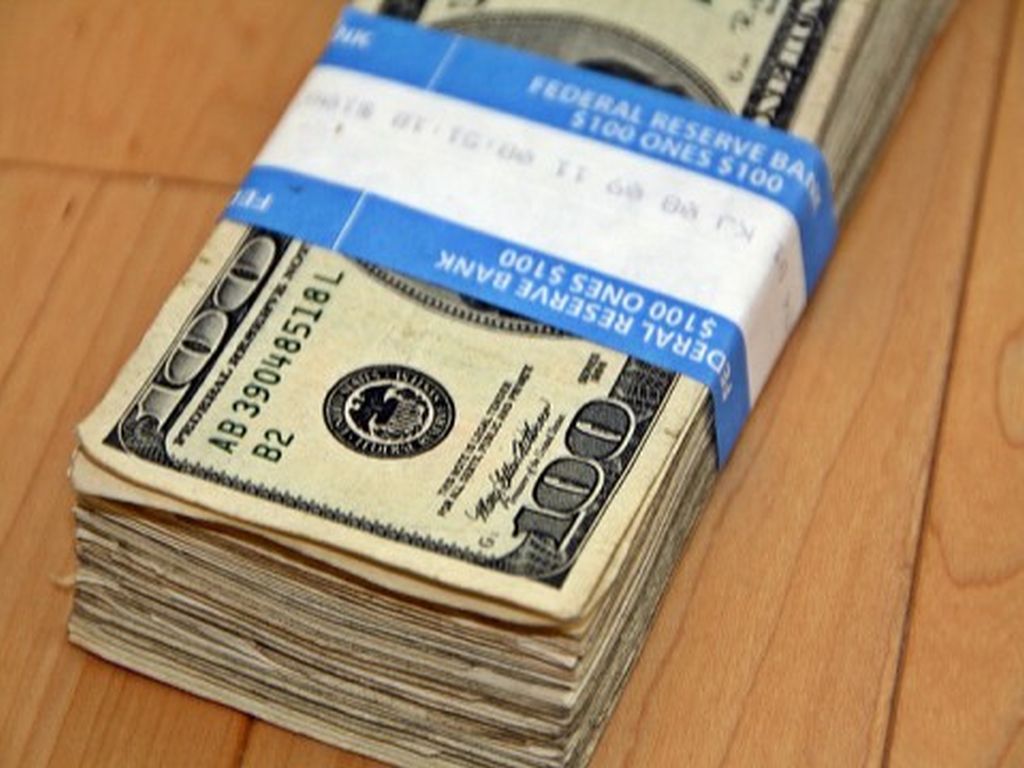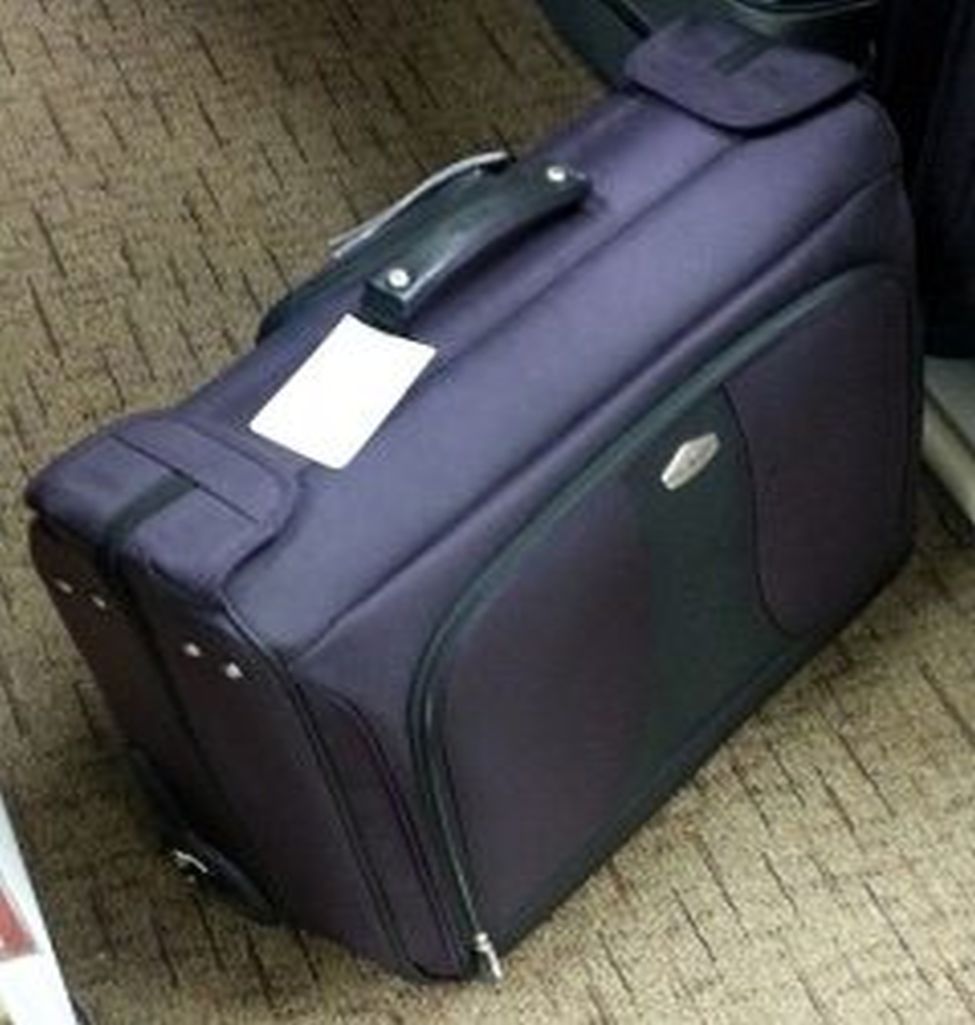One of the problems we all face is that we never know when an emergency will pop up that needs extra dollars to throw at it. A stove, a dryer, maybe your furnace… almost anything can happen, and these days nothing is cheap, especially if you have to have someone install whatever you need.

Then, of course, we had too work our way through the pandemic, when many stores were increasing prices of pretty much everything because of the shortages of pretty much everything. Some items you could only get by going to sites like eBay and Amazon because the supply chain across the board had slowed down considerably.
With this type of thing in mind, it never hurts to have a few dollars tucked away in case of an emergency; more than a few if it’s possible. Most people say that every one of the dollars they earn goes towards paying bills, but we all know that’s not true. We all need food and we crave entertainment, clothing, etc. There’s nothing wrong with that, but when we look at things like this, we can recognize that there are ways to save money on them to be able to buy whatever else is needed; you know what we’re talking about.
Here are 4 things to think about and how to do it.
1. Food.
Nothing says you have to start eating lots of foods you don’t like to start saving money. There are smart ways of saving money here and there.
Becoming a “coupon shopper” isn’t such a bad thing; these days, you don’t always need paper coupons to find places to get what you need at a local cost.
For instance, in the area I live there are 3 grocery stores and a Walmart all within less than 10 minutes from the house. Each store has discounts the others don’t, others always have items on sale that ends up being less than the other stores. Although Walmart might have some of the lowest prices across the board, here and there local stores will have items Walmart won’t, or have the same items that are being discounted for a week or two.
There’s always warehouse stores like BJ’s and Costco, where you’ll find bulk items with overall cost reductions than you’ll get at regular grocery stores. For instance, if you consume it, you’ll find a box of 1,000 Equal packets at BJ’s for less than $10, while your regular grocery store might have a box of 100 packets on sale for $3.99, possibly $2.99 if you’re lucky.
It’s not always about going to your favorite store and griping about the cost of something. Sometimes it’s about driving around, comparing the prices of things you often buy, then setting yourself up for the best deals you can get.
2. Clothes. We understand the craving for buying name brand products, but most of the time you can get something that looks really good and is pretty good for hundreds of dollars less. There are many stores that sell items that look expensive but aren’t, and some carry products with the names of models and famous designers that no one will know you paid less money for.
Since you’re probably not always looking for the most expensive or best quality of everything, you should be able to find items that cost way less than many stores and still looks great. Most malls have at least one store that sells discount clothes that look like designer attire or quality work attire that no one’s going to pay enough attention to and notice where you bought them unless you tell them yourself. When Kmart was still around, you could buy quality clothes that were upwards of 50% or less costly that looked very smart.
Not only that, but if you don’t have what many stores consider “normal” sizes, not only will you find clothes in stores where the clothing costs less, but they’ll still cost less than the “quality” clothes will cost for people who can buy clothes that fit them anywhere. Truthfully, if you look around just once, you’ll probably never have to scout clothes you can afford again.
3. Entertainment. If you’re urge is to see a first run movie during the first two weeks it’s out there’s few ways to save money by going to the theater (unless you want to apply for a Regal card, which not only gives you discounts on snacks, but some movies if you earn enough points), but if you’re willing to wait a few weeks you’ll start seeing those movies at matinees or smaller movie houses that aren’t affiliated with large movie chains, at rates sometimes half of what the original price was. All you have to do is stay away from anyone who might give away the ending, but movies are more than just their endings, aren’t they? 🙂
Sporting events are the same, along with concerts, but often there are deals that can be made for certain games and for certain seats. If that’s still too much you can sign up for something like Netflix or Hulu Plus and enjoy many movies, “TV” shows and some recorded concerts for a relatively small monthly price (there’s plenty of streaming services now if you’re looking for something specific).
4. Technology. Who says you need the latest “iWhatever” or Samsung whatever the day it comes out? What you’ll find these days is that many previous models of pretty much everything are very good, and that often you can get some kind of deal if you can stand to wait.
Here and there, wireless phone stores offer the previous model or other top models for as low as $1 if you sign up for a new plan; that’s much better than spending over a thousand dollars for a new phone, trying to keep up with the Joneses and a new expensive plan any day. The same goes for video games, music, laptops, tablets, and other technologies. Shop online first to find out who’s selling what you want for less, and then go shopping; once again, don’t forget about eBay or Amazon. Something else to think about is if you liked the version of phone or tablet and it needs to be replaced, you’ll probably be able to get what you want on those two sites for $200 or less, and always know how it works. 🙂
With some of the savings you’ll have, take some of that money and put it away for a rainy day. There are always rainy days, even if you live in southern California. 🙂 At least think about these ideas; not only will they save you some money, but you’ll feel happier about it in the long run.

